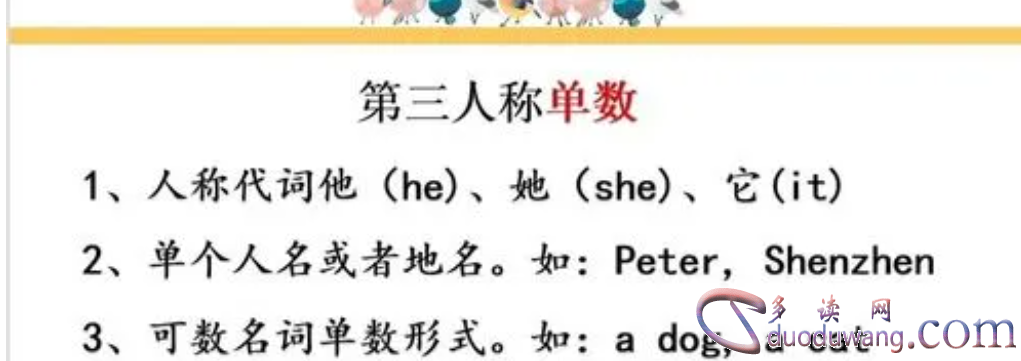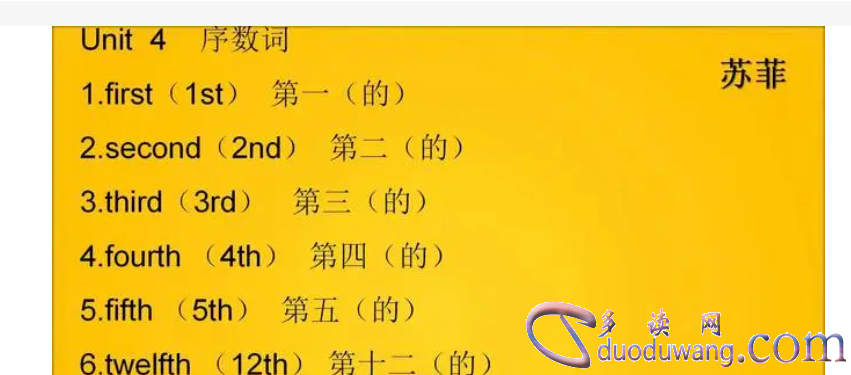Introduction
Numbers are an essential part of our daily lives, and we use them to count, measure, and calculate many things. In English, the first three numbers – one, two, and three – have a range of advanced expressions that can add nuance and complexity to your langu玩法e. This article explores some of these advanced expressions and how you can use them in your everyday conversations and writing.
First: Advanced Expressions
When we talk about being the first, we often mean that someone or something is ahead of others. However, there are some advanced expressions that can add depth to this idea. For example:
1. The First Among Equals – This expression means that although there may be several people in a group, one person stands out as the most important or influential.
2. First Things First – This expression is useful when you want to remind someone that the most important task should be done before anything else.
3. First Come, First Served – This expression refers to situations where people will be served or helped in the order that they arrive.

Second: Advanced Expressions
Being second usually means coming after the first, but it can also have different meanings when used in certain expressions. Here are some advanced expressions that use the number two:
1. Second Nature – This expression means that something has become so habitual or automatic that it feels like it's part of one's nature.
2. Second Opinion – This expression refers to seeking an additional opinion or evaluation on a matter, particularly when the original opinion may be biased or incomplete.
3. The Second Best – This expression refers to the next best option when the first choice isn't available or feasible.
Third: Advanced Expressions
The number three can be found in many common phrases, such as “three’s a crowd” or “third time’s a charm”. However, there are other advanced expressions that can add variety to your langu玩法e. Here are some examples:
Third Degree – This expression refers to questioning someone intensively, often in a confrontational or aggressive manner.

2. Third Rail – This expression is often used to describe a topic or issue that is dangerous or too sensitive to discuss openly.
3. Third World – Although not commonly used anymore due to its negative connotations, this expression refers to countries that are underdeveloped and struggling economically.
Conclusion
In conclusion, the numbers one, two, and three have many advanced expressions that can add depth and richness to your English language. By incorporating these expressions into your writing and conversations, you can express yourself more effectively and demonstrate a greater command of the language. So, whether it's being the first among equals or seeking a second opinion, or dealing with the third degree or avoiding the third rail, these expressions can enhance your communication skills and make you a more effective speaker and writer.